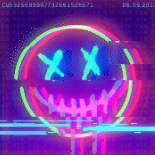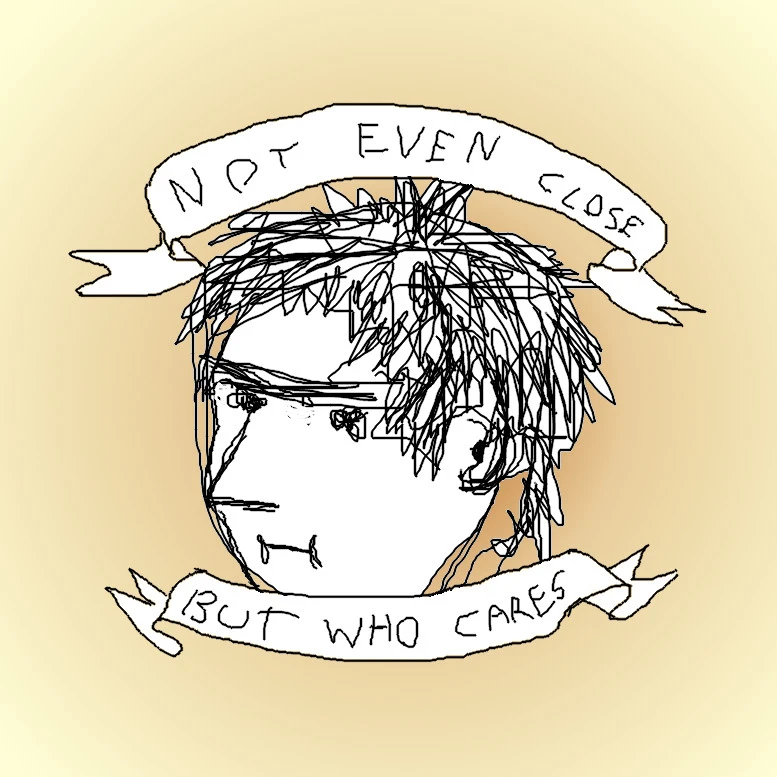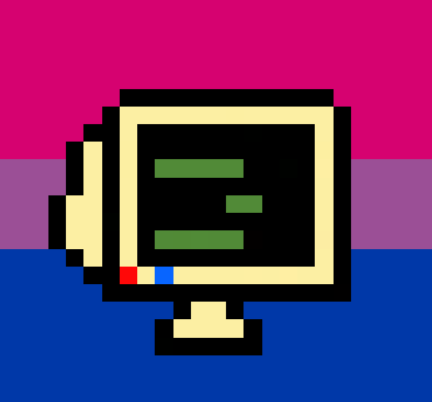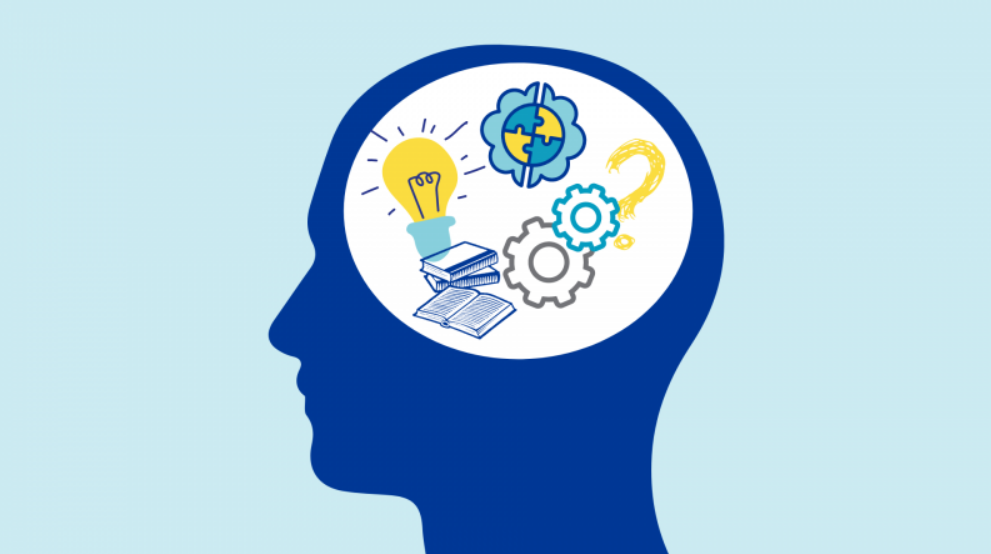I’m old. I don’t understand it.
Linux is a vibe. Like a cosmic string vibrating in twelve dimensions all at once.
deleted by creator
In common usage, at least, it’s an ecosystem of open source system software that sprang up around the Linux kernel. What exactly a kernel is might not matter to you.
The practical upshot is that you can run a computer without any code on it on it that isn’t publicly accessible (from Apple, Google or Microsoft). There are other ways than Linux if you’re committed, but none nearly as well developed.
This is good, because Linux is free of cost, free of restrictions on what you do with it, and experience has shown that open source code is much more maintainable and less likely to contain bugs and security vulnerabilities. (Basically, if any problems come up someone out there is likely to fix them, while closed-source software is rarely touched by anyone other than the original team)
Just for fun, and because someone has to post the meme:
I'd just like to interject for a moment.
What you’re refering to as Linux, is in fact, GNU/Linux, or as I’ve recently taken to calling it, GNU plus Linux. Linux is not an operating system unto itself, but rather another free component of a fully functioning GNU system made useful by the GNU corelibs, shell utilities and vital system components comprising a full OS as defined by POSIX.
Many computer users run a modified version of the GNU system every day, without realizing it. Through a peculiar turn of events, the version of GNU which is widely used today is often called Linux, and many of its users are not aware that it is basically the GNU system, developed by the GNU Project.
There really is a Linux, and these people are using it, but it is just a part of the system they use. Linux is the kernel: the program in the system that allocates the machine’s resources to the other programs that you run. The kernel is an essential part of an operating system, but useless by itself; it can only function in the context of a complete operating system. Linux is normally used in combination with the GNU operating system: the whole system is basically GNU with Linux added, or GNU/Linux. All the so-called Linux distributions are really distributions of GNU/Linux!
someone has to post the meme:
No, no one needs to post the embarrassing speech where stallman tries to ride linus’ coat-tails.
I was too afraid to ask, thanks…
Linux is one option for the core, central part of how a computer works, called a ‘kernel’. All programs talk to Linux, which talks to the physical computer.
Windows has its own version of that kernel, Mac has another.
Linux is special because it’s free for people to use, change, and check what it’s doing.
There’s a lot of programs built to work with Linux: together they are what you use to use your computer. Like, Windows is actually lots of smaller programs working together, and Mac OS is lots of smaller programs working together. Most people say ‘Linux’ meaning all these programs running together, with Linux at the core.
In other words, Linux is a system that runs on your computer, so you can run the programs you want (like Emacs, or Inkscape) on top of that.
In summary, Linux is and Operating System that gives you control over your machine - not the other way around coughwindowscough. With that power, however, you can also do a lot more harm to your machine if you don’t continuously keep learning and stay curious.
It’s high risk, but high reward (especially as a new user). There’s something about learning how your computer works (via Linux) that continues to captivate me after many years of use.
Communist Windows.
There’s Microsoft windows and there’s Linux. No single person owns Linux so there are so many different options to use (called distros) the big ones Debian, Fedora, Arch, OpenSUSE, Etc package open source software on top of Linux that enable you to use it as easily as possible.
To a 25yo I would say, a computer has many separate devices like USB controllers, sound devices, so many independent systems that need software to work. Such software is copyrighted, it turns out the community does not like that so they made their own that is owned by the community. Sometimes its not perfect but it also can do things you couldn’t before.
Linux? Its kinda like…
Gonna find my baby, gonna hold her tight
Gonna grab some afternoon delight
My motto’s always been “When it’s right, it’s right”
Why wait until the middle of a cold dark night
When everything’s a little clearer in the light of day
And we know the night is always gonna be here any way
Thinkin’ of you’s workin’ up my appetite
Looking forward to a little afternoon delight
Rubbin’ sticks and stones together make the sparks ignite
And the thought of rubbin’ you is getting so exciting
Sky rockets in flight
Afternoon delight
Afternoon delight
Afternoon delight
This is like if Chef from Southpark would try to explain it.
It’s from the movie Anchorman.
Thanks for the memories! “Af-af-after-noon-delite!”
I donno man, that sounds kinda crazy
Every desktop computer has an operating system. Most of them run Windows. Some run MacOS, this is why the software on Macs and other PCs is different.
Linux is another operating system, its free and anyone can see the code its written in.
Linux is popular with nerds and programmers since its easier to do some advanced stuff in. Its popular as an alternative to windows since Windows is progressively getting more annoying to use (updates, popups etc).
Linux is used by servers (computers that run websites, like lemmy), and other stuff like smart appliances.
The android Operating System (used by android phones, like Samsung phones) is based on linux.This is an amazing explanation, and you also managed to keep it relatively short.
Yes but you missed a lot of things of course.
Linux is free software, unlike MacOS or Windows. That means that the software is given users for free, and they can mostly also change it and redistribute it as their own.
This is why there are so many varieties of Linux Distributions, as the used software components are often the same, but they are released in different cadences, have different configurations and behaviors, or different focuses (for example Gaming, Server, Workstation, Lightweight, System rescue, hacking, anonymity).
Free software means that everyone can use it, how they want. Nobody needs to pay, but donations and contributions are crucial. While many big components like the core part “Linux” and others are developed and maintained by bigger corporations (which sell support or systems to mostly enterprise customers), a lot of the Linux software is fully done by people out of love, in their free time.
I appreciate the reminder about donations; just went to drop a little money on Mint as thanks to them!
Is there a Best of Lemmy community? Cause this belongs there.
When you have a computer, you have hardware which is the box in front of you but on that box you can install different software. E.g. windows, macos or Linux.
Linux got its name from Linus Torvalds who was what I’ll say the architect and substantial worker of the kernel, ther very core of the operating system
The computer has a few layers. If you write a program, it may do something like let you read emails,but this program is at the top layer and when you do something like save a picture to your desktop, it tells the operating system that the email attachment is to be written to the disk.
Now the hard drive of the computer is managed but the operating system, and the operating system negotiates with the hard drive on where to actually store it on the hard drive.
In a sense the operating system is like a person you give a photo to and say file this away for later.
That person was there when you got the hard drive/filing cabinet and keeps track of what sin which draw and in which removable folders.
Later when you ask the operating system to show it again, it goes back to the filing cabinet and gets the picture without you or the email program having to know the nitty gritty of it was in the 2nd draw , nearly all the way up the back.
The operating system also does thing like operate a the WiFi a bit like a radio and schedules when tasks run on the computer.
Im stretching the analogy here but imaging an office where only one to four people work there. the operating system keeps track of all the things they need to do and make the system function well.
Microsoft made Dos (disc operating system) and windows. Apple made Macos , a long time ago on early mainframe computers there was Unix and Linux is an operating system originally made to replicate the look and feel of Unix.
But it’s build under an open source licence so you can download and see all the internals and change them if you want.
Android phones and tablets run Linux.
It’s versatile and can be adapted. I’ve got some 10 year old computers I’ve reconfigured as a server running Linux that wouldn’t be able to run modern windows operating systems.
I hope it helps.
Okay, imagine your computer is like a big playground.
Linux is like a really cool, free, and super customizable manager for that playground.
- Manager (Operating System): Just like Windows or macOS, Linux is the main software that runs your computer, manages all its parts (like the screen, keyboard, and internet), and lets you run other programs (like a web browser or games).
- Free: Most of the time, Linux doesn’t cost any money to use.
- Customizable: Unlike some other managers that have strict rules for how the playground is set up, Linux lets you (or people who know how) change almost anything about how it looks and works. This is why there are many different “flavors” of Linux (called distributions or “distros” like Ubuntu or Mint), each with a slightly different setup.
In short: Linux is a free, open-source operating system that gives you a lot of control over your computer. Many phones (Android is based on Linux!), servers that run websites, and supercomputers use it because it’s powerful and flexible
Yes I use AI
Yes I use AI
For this comment? Why?
Low effort question, get a low effort answer. Google do still exist. :)
I think you miss the point of this community
imagine your computer is like a big playground
… goes on to do nothing with that analogy.
Yes I use AI
No you don’t.
You used a large language model, which is a very fancy statistics based autocomplete algorithm, but has absolutely nothing whatsoever to do with artificial intelligence, other than by harming public opinion of it and sucking off all the funding that could be used on actual AI research.
Good luck convincing the general population. Better to just accept AGI is the new term for what you’re referring to.
It’s neither general nor intelligence.
You misunderstand me.
AGI doesn’t exist.
Of course it doesn’t, everyone is wasting time and money on LLMs instead of on proper AI research.
That’s not a reason to call them AI or AGI, though. On the contrary, it’s poisoning the term, because once the LLM bubble bursts no one will want to invest in AI research for decades, because they’ll associate it with LLMs. (Not to mention how hard it’ll be to research anything when all sources of information have been poisoned with LLM slop.)
Your computer is a bunch of parts that need software to make them work. The “operating system” handles talking to the hardware directly, while the programs you run only talk to the operating system. Talking to the operating system is easy, talking to the hardware is difficult, since you may need to speak a hundred different languages to work with every possible network card, sound card, graphics card, etc.
The operating systems you have probably heard of are windows and macOS. Linux is a 3rd one.
Windows is owned by Microsoft, macOS is owned by Apple, and Linux is developed by the community and (typically) released for free. Since anyone can work on Linux, there are tons of different versions of it floating around, that are all slightly different from one another.
4/10. No mention of TempleOS.
Nah, this is a really good explanation.
TempleOS is not Linux!
Dude may have been nuts, but he did do something quite impressive for his time.
Omg this us an amazing explanation thanks
Fun fact: Android is one of those Linux variants. It is, however, so highly modified, that we usually don’t really call it ‘Linux’ anymore. But the core components of Android are most certainly Linux components. So in a pedantic way, way more people directly use Linux than you would think.
A computer has hardware (your hard drive, memory, screen, processor) and software (a web browser, Discord, apps, etc.). Your operating system is what manages your hardware and software, and provides a user interface for you to interact with. Microsoft Windows, IOS and Android are all types of operating systems. They allow you to run software, change your display settings, connect to the Internet and do anything else that your hardware and software allow.
Linux is an operating system, or more accurately, a collection of operating systems that are free and open source. This means that anyone can take the Linux kernel (the base of the operating system), and create their own distribution, or distro for short. There are dozens of Linux distros out there, each serving different users or different purposes. For this reason, Linux is used on a wide variety of devices. Android on smartphones and tablets, steam OS on gaming handhelds, and the software that powers most smart home appliances, these are all different types of Linux distros!
You know how a lot of computers use windows? And a lot are macs? And there’s a difference between the way you have menus and apps and stuff? Linux is a third way to use your computer. But there’s a lot of versions of it. It doesn’t matter what kind of computer you put it on either. New, old, windows, Mac, mini computers, old laptops. Linux is simply another way to use your computer. It’s really cool if you’re into that kind of thing.
That sounds very clever













